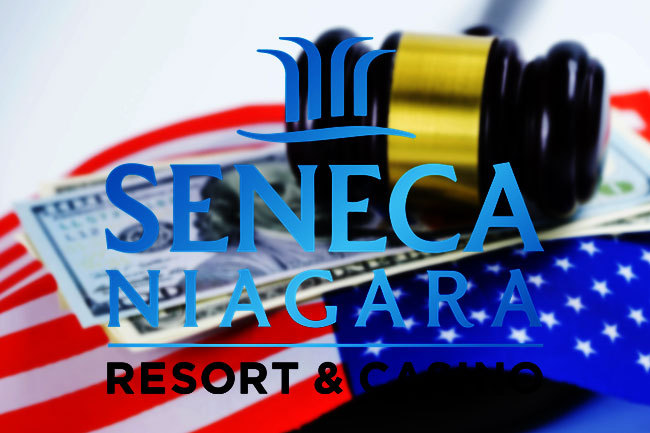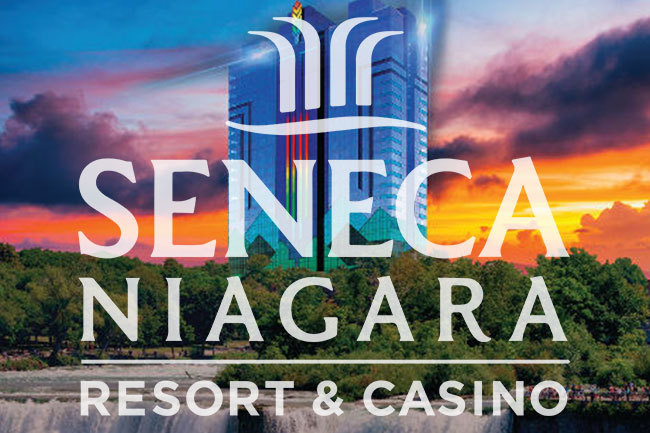Seneca Nation of Indians would now have to pay New York State US$255,877,747.44 in gaming revenue payments generated over the past nearly three years of operation. The US District Court recently issued its official ruling making the payment obligatory following years of legal battle and loopholes seeking. With the help of this payment, the three casino cost communities would be able to stay afloat and meet their budgets.

Rich Azzopardi, Senior Advisor of Governor Andrew Cuomo issued the long-anticipated court ruling making the payment mandatory. The casino revenue payments generated since the beginning of 2017 would now have to make their way to New York State, subsequently filling gaping budget gaps of Buffalo, Niagara Falls, and Salamanca. The three communities host tribal casino resorts overseen by the Seneca Nation of Indians.
Three Host Communities to Receive Money

Mr. Azzopardi pointed out that the charade that went for several years would now have to come to an end, as host communities welcome gambling allocations for the past almost three years of casino operation. This court ruling goes against the understanding of the Seneca Nation of Indians that it must cease casino revenue payments at the end of its 14th year of casino operation.
Its existing 21-year compact with the New York State gives the Native American tribe exclusive gaming rights for operation in the regions of Buffalo, Salamanca, and Niagara Falls. Seneca Niagara Resort & Casino, Seneca Buffalo Creek Casino, and Seneca Allegany Resort & Casino are the three locations that welcomed casino patrons over the past three years without making payments to the state.
Up until March 2017, host communities received 25 percent of the gaming revenue generated ultimately bagging a combined US$1 billion. The tribe claimed that the upcoming years of operation ahead of 2023 are not supposed to see revenue allocations to the state. Seeking to prove its righteousness the Seneca Nation of Indians filed federal court motion seeking to scrap the arbitration panel ruling from earlier this year, demanding this very revenue payment.
Tribe Might Appeal Decision
Soon after the court issued its official ruling, Rickey Armstrong, President of the Native American tribe, publicly issued the tribe’s response. He claims that the existing compact does not feature language for payments past its 14th year, but both the arbitration panel and the federal court appear to interpret it that way.
The Native American tribe would look through the ruling and decide what to do next. The tribal nation could appeal the ruling and continue supporting their stance, that casino gaming allocations should not be paid out. Last month, Gov. Cuomo made it clear that at that point, there is no conversation happening between the state and Seneca Nation of Indians. He pointed out that once things get into court, no negotiations were needed or useful.
The community of Salamanca is currently in need of US$15 million, in order to balance its budget, whereas Niagara Falls lacks US$12 million without the allocations. The State has already taken the steps for supporting the communities hit by the deficit. Earlier this fall, Gov. Cuomo confirmed that the state would support Niagara Falls with the amount that would cover deficiencies in the 2020 budget.


















